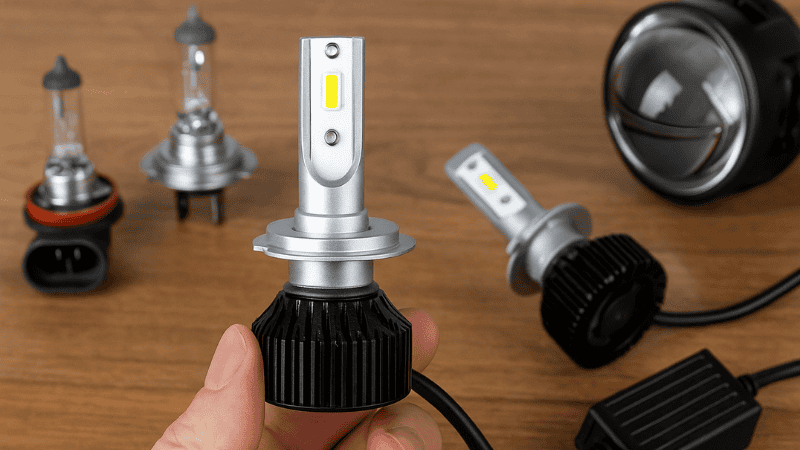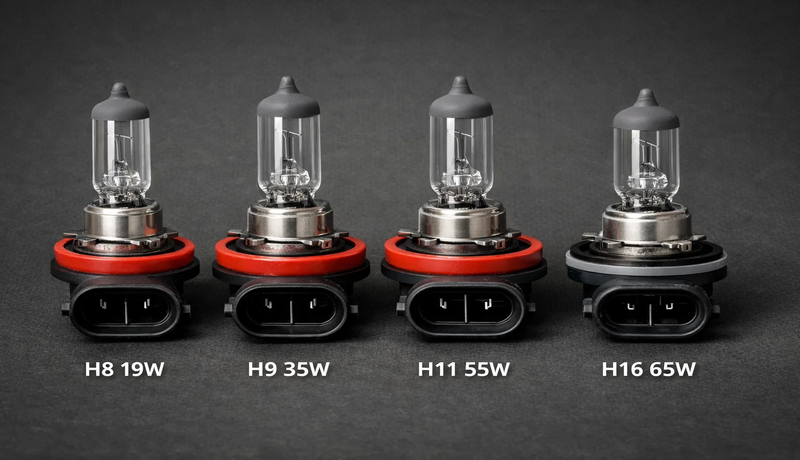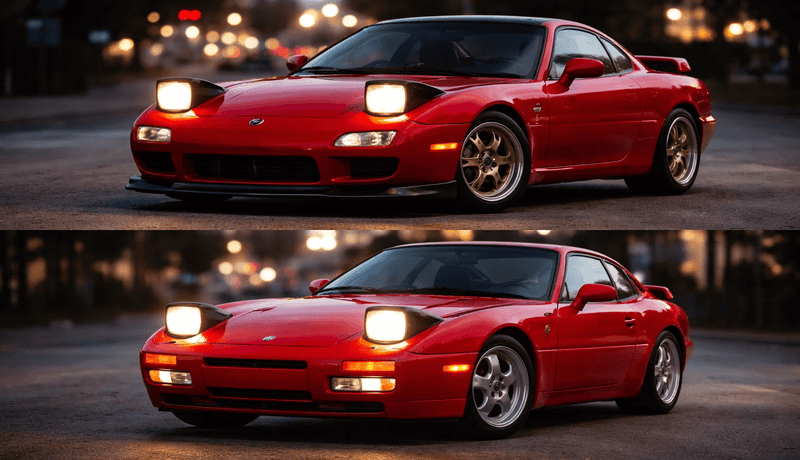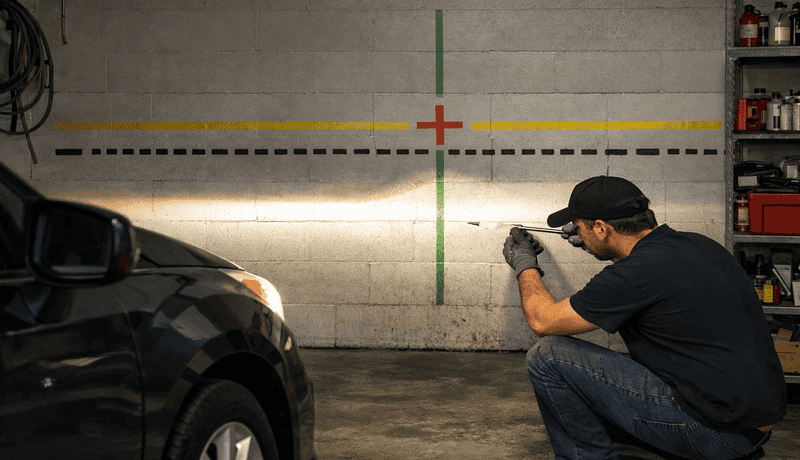Changing headlamps to LED brings greater visibility, an entirely new appearance to your car, and efficiency. The article explains the advantages of LED headlights so that you can go ahead and succeed. Carlightivision offers extensively tested LED headlight solutions that enable companies to deliver improved products and maintain customer satisfaction.
What Are LED Headlights and How Do They Work?
LED headlights, or Light Emitting Diode headlights, emit light via semiconductor technology. LEDs consume less energy and are cooler than any other source. LEDs emit light differently than HID systems and halogen headlight bulbs.
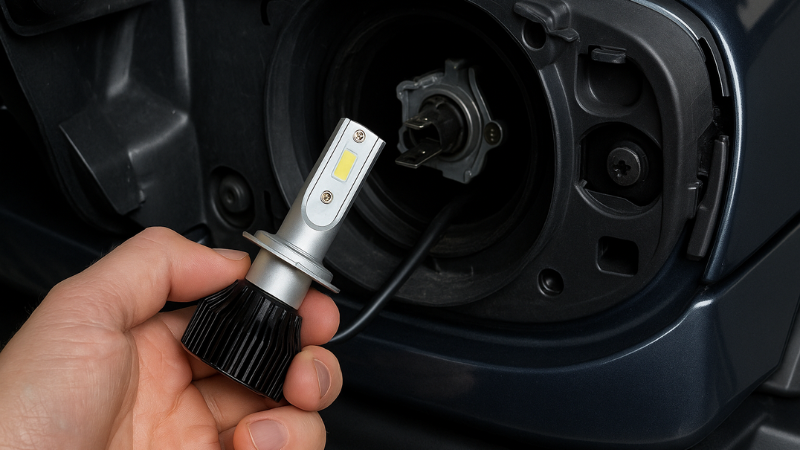
Traditional halogen bulbs employ yellowish light and hot filaments due to halogen gas, while HID systems employ electrodes and gas. LEDs, on the other hand, are illuminated as electricity passes through a microchip. That makes them more efficient, longer-lasting, and quicker in their response.
LED headlamps are also the norm for factory (OEM) and after-market use. LED headlights provide great benefits over other options. They provide higher brightness, fashion-oriented styles, and longer life. LEDs are widespread in modern car headlamp design.
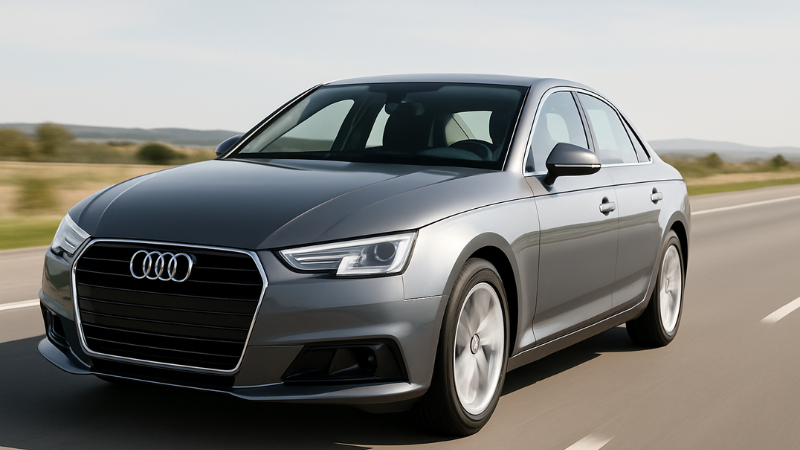
LEDs encompass technologies such as adaptive front lighting systems, auto beam level, and miniaturization technology in most vehicles for better visibility.
Car Headlights and LED Technology
Car headlights have come a long way with light-emitting diode (LED) technology. LEDs are superior, more efficient, and style-friendly, and produce brighter white light than traditional daytime running lights.
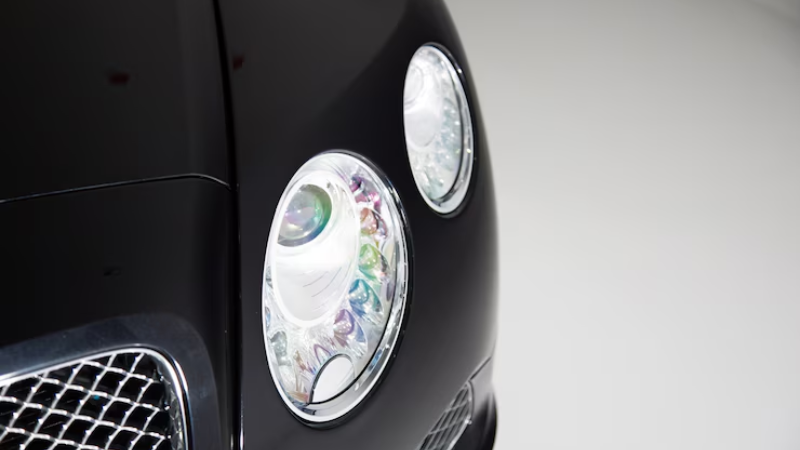
They’re no longer reserved for headlamp application in new vehicles. They appear in daytime running lamps, fog light bulbs, and taillights.
They’re compact but generate strong, high, and low beams. Car manufacturers and motorists will see even better, more efficient, and more stylish lighting according to the car model as LED technology advances.
Top 7 Advantages of LED Headlights
Switching to LED headlights is not just a trend. It’s the smart choice to go for higher performance and value. Here are reasons why LED headlight bulbs are the best solution:
Brighter Illumination
LED headlights produce more intense and focused light than halogen light bulbs. This light improves low-light visibility. It makes pedestrians, road blocks, and road signs visible, especially at night or in fog. Increased visibility leads to faster reaction time, which in turn improves nighttime driving safety.
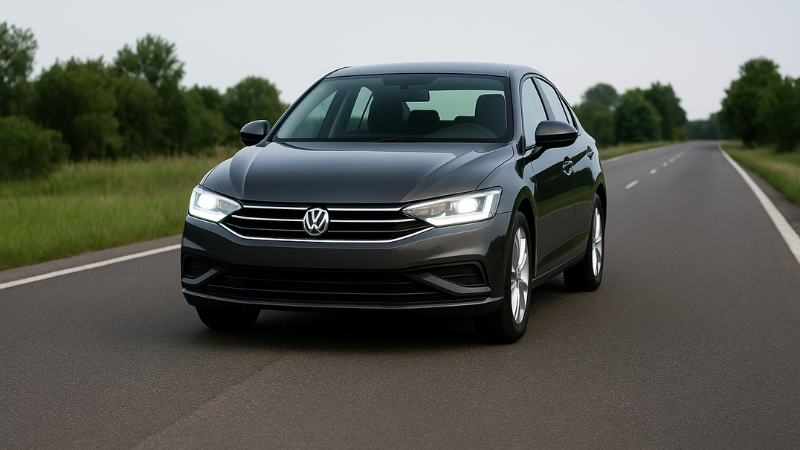
Energy Efficiency
LED headlights consume so much less power than HID or halogen bulbs. This makes it more efficient, reduces wear on your truck’s electrical system, and is better for the environment.
In fleet use or with commercial trucking companies, energy saved will return in the long term and provide greater mileage overall at an average price.
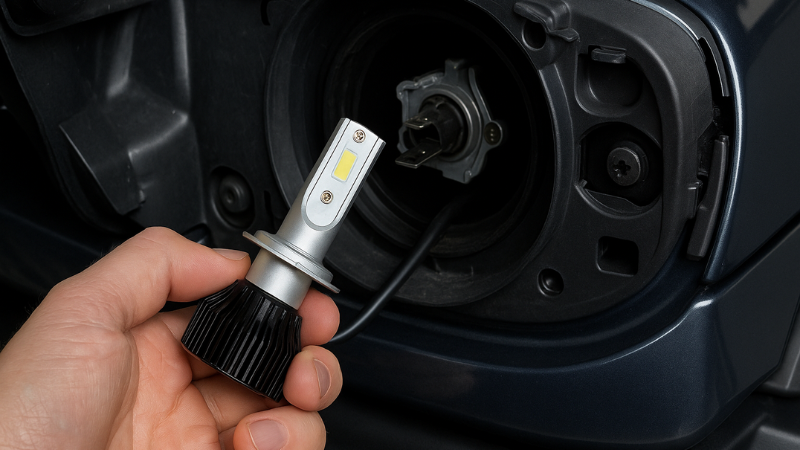
Longer Lifespan
One of the most remarkable advantages of LED headlights is their long lifespan. However, various factors affect the lifespan of LED headlights. Most LEDs are utilized for 30,000 to 50,000 hours, and even much longer than halogens.
They are therefore a long-term investment with lower replacement needs. It’s perfect for single car owners and corporations with several cars.
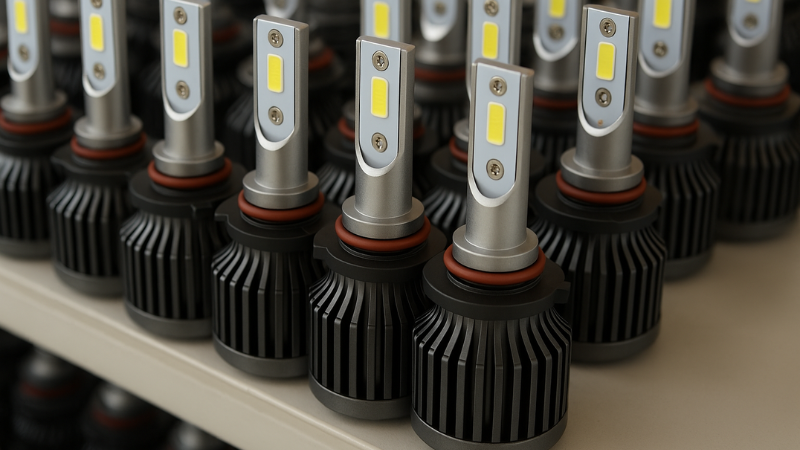
Modern Appearance
LED headlight beam pattern serves to make vehicles appear clean and hi-tech. This light pattern now defines contemporary vehicles and renders them pleasing to the eye, and reduces glare.
Regardless of whether after-market replacement or OEM installation, LEDs have an added fashion advantage that buyers desire.
Faster On/Off Response
LED headlights turn on immediately, as opposed to HIDs or halogens, which take a while to reach maximum brightness. This rapid response would enhance road safety because other motorists can respond quicker to your car’s movement, i.e., braking or signaling.
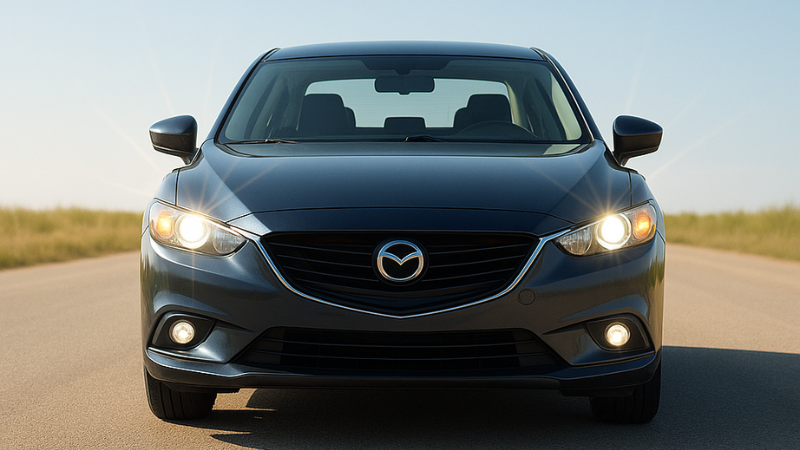
Generates Less Heat
Compared to standard halogen bulbs, LED glass bulbs also emit a much lower amount of heat. This is particularly useful when thinking about plastic lens housing protection from damage over many years.
Less heat also means less wasted energy, which again works to make them more efficient and reliable overall.
Less Maintenance
Because they last so long and are constructed with longevity in mind, the entire headlight assembly requires much less maintenance. You won’t be replacing them nearly as frequently, which is a money-saver, time-saver, which is particularly great news for commercial fleets and busy owners.

Headlight Bulb Choices
As it happens, there actually are several options for headlight bulbs these days, so drivers actually do have some input on what will be best for them. The most common ones are LED, halogen, and high-intensity discharge (HID) bulbs, and each has its pros and cons.
When choosing an LED headlight bulb, a critical requirement is to remember a few significant parameters such as brilliance, power, radiation of heat, and longevity. LED headlight bulbs, for instance, are more durable and have low power usage, while halogen bulbs are cheap in the short run.
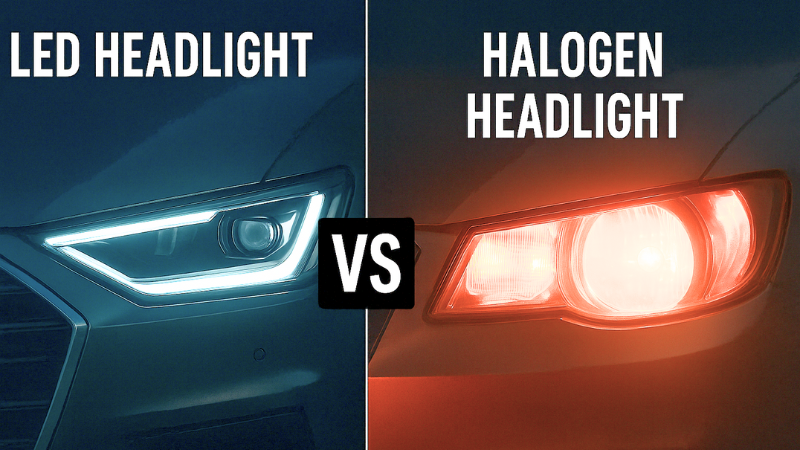
Knowing what makes them different helps the driver to make a good decision suitable for functionality, price, and longevity.
Interior Lighting and LED Replacements
Interior lighting is also an important component of a car’s entire lighting system, and upgrading it with LED headlight bulbs can make a major contribution to performance, efficiency, and aesthetics.
LED light is also extensively utilized for interior functions, including dashboard lighting, footwell lighting, rear fog light, dome lights, and trunk lighting. They last longer and use less power than incandescent lights and therefore need less replacement and maintenance.
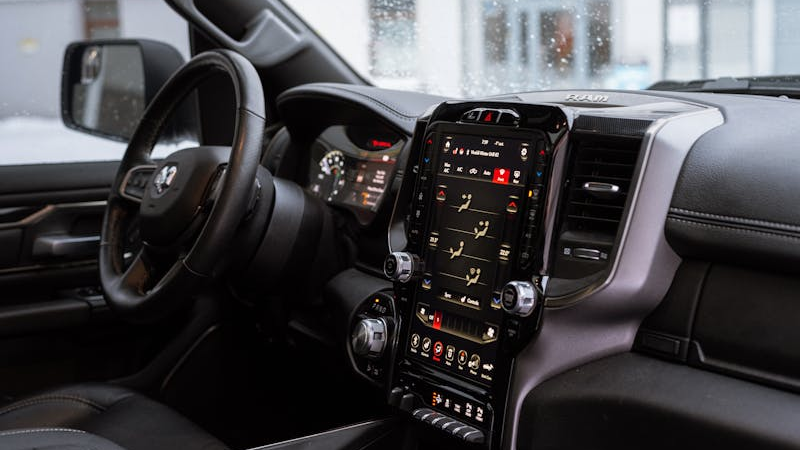
In addition to usage, LED interior lighting is also adjustable with colors, brightness, and slim profiles in most models, providing a solution to suit any vehicle interior design and mood.
LED Headlights vs. Halogen: A Simple Comparison
| Feature | LED Headlights | Halogen Headlights |
|---|---|---|
| Brightness | Higher, clearer illumination | Moderate brightness |
| Energy Efficiency | Very efficient, low power use | Less efficient, higher power use |
| Lifespan | longer, 30,000–50,000+ hours | shorter lifespan, around 500–1,000 hours |
| Heat Output | Low | High |
| Cost | Higher upfront cost | Lower initial cost |
| Design Flexibility | Compact, modern styling | Bulkier, limited styling |
| Installation | Often plug-and-play | Easy to install |
Why Upgrade to LED Headlights?
It is time to look at LED headlights, as they are becoming the norm on new vehicles and commercial fittings. Most already provide automobiles pre-fitted with LEDs straight off the production line, and legislative models in most locations are increasingly looking to their use.

They’re simpler to fit than ever before, thanks to plug-and-play kits needing few modifications. They also fit existing auto body trends and can even enhance the resale value of your car if you are trading in old lighting technology.
Choosing the Best LED Headlight for Your Car
In replacing with LED headlights, it’s important to select the perfect LED headlight type that fits your specific car. Start by understanding whether your car uses a single beam or dual beam system, as this determines the kind of LED replacement you’ll need.
Make sure the bulb size matches your vehicle’s requirements — common sizes include H11, 9005, and others. Also, think about your headlight housing. Projector housing and reflector housing react differently to LED bulbs.
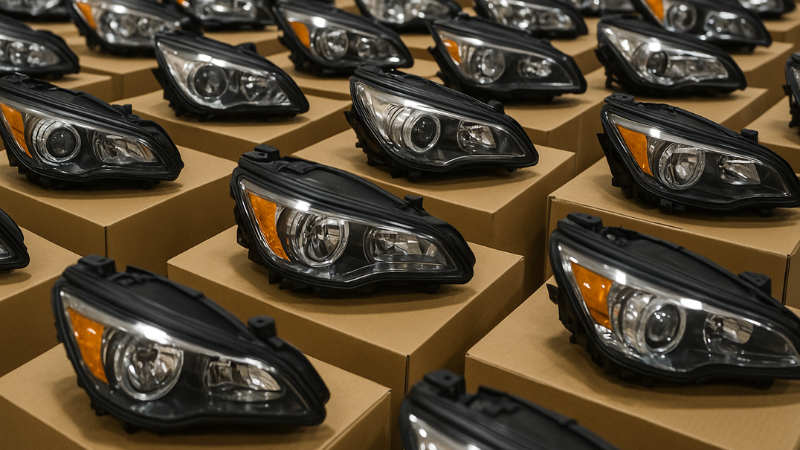
For approved applications, search for DOT/SAE or ECE-approved bulbs, as mandated in your country or state. Lastly, check the product details like lumens (light output), colour temperature, and cooling tech. This will help ensure great performance and a long lifespan.
Are LED Headlights Legal and Safe to Use?
LED headlights are legal in many places. However, it’s best to check if your state or country allows them. The right beam pattern setting is crucial. It ensures you stay compliant and avoids visibility issues or glare for drivers coming towards you.
Some models need you to replace regular bulbs with LEDs. To connect them to the car’s electrical system, use anti-flicker decoders or CANbus lamps.
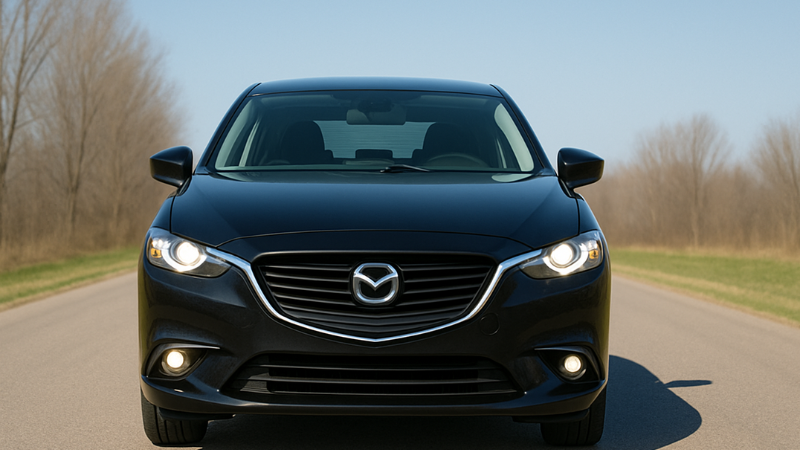
LED headlight installation must always include adjusting the beam correctly and using the right bulbs. This helps to avoid blinding other drivers. With the right setup, LED headlights and rear lights are a legal and safe choice. They enhance your driving experience and boost road safety.
FAQs
Will LED headlights fit my vehicle without modification?
For the most part, yes. The majority of LED headlight kits are plug-and-play halogen bulb equivalents. Check your vehicle’s bulb size, such as H11 or 9005. Also, note the housing type—projector or reflector—to ensure compatibility.
Are LED headlights blinding to other drivers?
LED headlights can cause glare if improperly installed or if the beam pattern is misaligned. To avoid blinding other drivers, always ensure correct installation and use bulbs with proper beam cutoff, such as projector-style housings.
Will an LED headlight need any extra parts to function properly?
Some cars need extra parts, like CANbus LED headlight adapters or anti-flicker decoders. These prevent dashboard warnings or flickering. They are standard upgrades and typically include good-quality LED headlight kits.
Conclusion
Upgrading to LED headlights is a strategic move for automotive businesses aiming to enhance product value, energy efficiency, and customer satisfaction. With improved visibility, longer lifespan, and modern aesthetics, LED solutions offer a competitive edge. For consistent quality and compliance, partner with trusted suppliers like Carlightivision to ensure reliable performance and regulatory assurance.
Partner with Us for High-Performance LED Headlights – Request Your B2B Quote Today
Want to add performance and reliability lighting to your product line? Carlightivision provides a top-tier range of 1:1 plug-and-play LED headlights. We also offer advanced Bi-LED products and high-lumen designs. These headlights are made for precision and built to last. Call us today to review pricing, packages, and custom configurations for your company.
